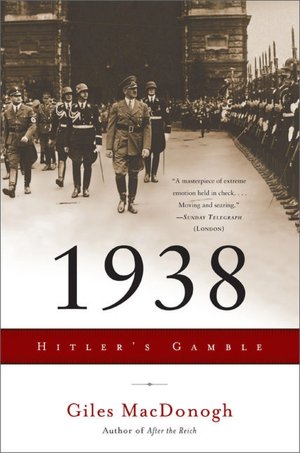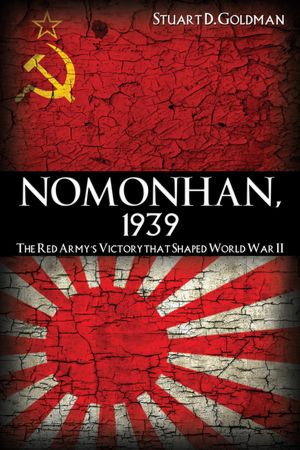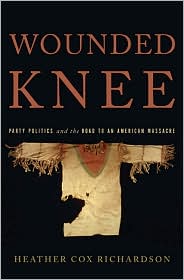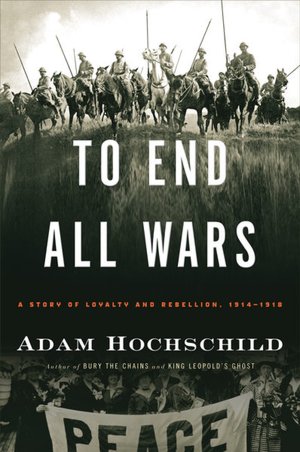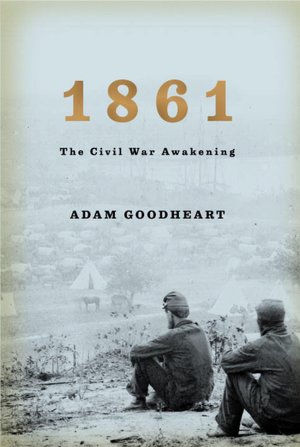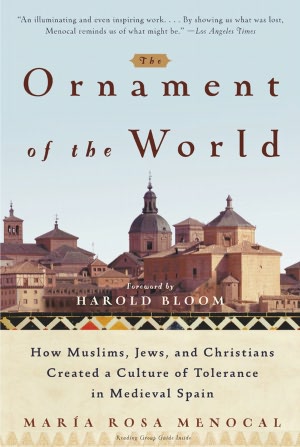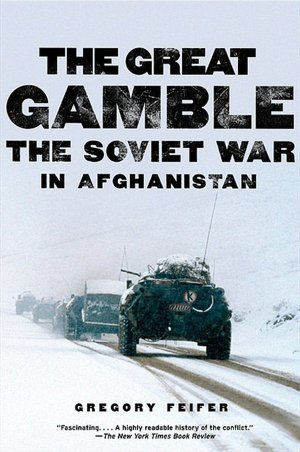The September meeting was held on September 12th. Participants in the meeting discussed 1938: Hitler's Gamble by Giles MacDonogh. A dozen people attended. This was down from our normal level, but the discussion was lively and informative. We had previously read Adam Hochschild's To End All Wars: A Story of Loyalty and Rebellion, 1914-1918, and looked forward to finding why in fact World War I did not end all wars.
Here is the description of the book from the Barnes and Noble website:
Here is the description of the book from the Barnes and Noble website:
The Third Reich came of age in 1938. Hitler began the year as the leader of a right-wing coalition and ended it as the sole master of a belligerent nation. Until 1938 Hitler could be dismissed as a ruthless but efficient dictator, a problem for Germany alone; after 1938 he was a threat to the whole of Europe and had set the world on a path toward cataclysmic war. Using previously unseen archival material, acclaimed historian Giles MacDonogh breathtakingly chronicles Adolf Hitler's rise to international infamy over the course of this single year.
Here are a couple of blog posts from a club member discussing the book and meeting:
